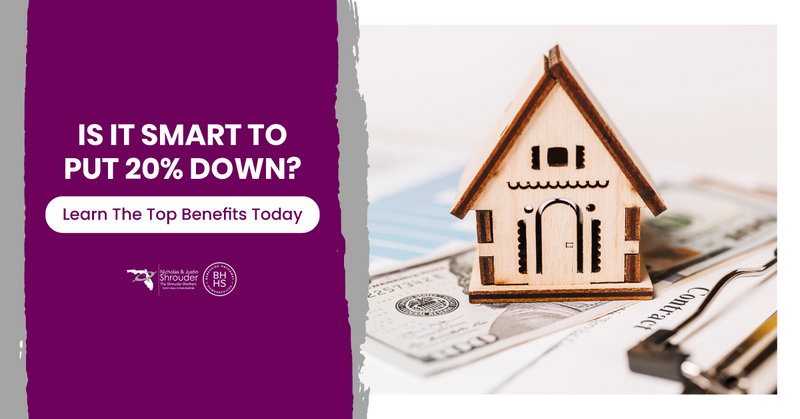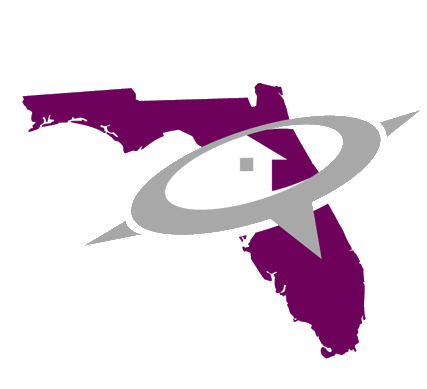While you don’t have to put 20% of a home’s purchase down at closing to obtain a mortgage, it may be in your best interest to do so. This is because you’ll already have significant equity in the property before you take possession of it. Furthermore, putting 20% down may allow you to avoid paying private mortgage insurance (PMI) premiums.
A Larger Down Payment Can Make It Easier to Qualify for a Mortgage
Let’s say that you want to purchase a home that is listed for $200,000. Let’s also say that a lender has said that it would provide you with $150,000 to acquire a property. If you make a down payment of 20%, you would need to borrow $160,000 to buy your dream home. Generally speaking, making a large down payment is a show of good faith to lenders that you have the capability to handle a significant debt. Therefore, it’s possible that the bank, credit union, or other entity that is financing the purchase may provide you with the extra $10,000 needed to acquire your preferred property.
The Importance of Building Equity in Your Home
One of the primary benefits of owning a house is the ability to use the equity in the asset as collateral for a loan. Typically, the interest rate for a home equity loan is similar to the interest rate on a traditional mortgage.
If you put 20% down on a property that is valued at $100,000, you would have $20,000 in equity the day that you move in. Conversely, if you only put 3.5% down on the closing day, you would have only $3,500 of equity in your home.
Typically, lenders require you to have a loan-to-value ratio (LTV) of at least 20% before you’re able to borrow against the equity in your home. Therefore, putting 20% down means that you’ve already met one of the criteria of obtaining such a loan in the future.
Lower Your Mortgage Payment
Making a down payment of 20% on a $100,000 home means that you would need to borrow $80,000 to complete the transaction. Assuming an interest rate of 4%, a loan term of 30 years, and property taxes of $3,000 per year, you would pay about $700 a month.
In the event that you only make a down payment of 3.5% on that property, you would need to borrow $96,500 to complete the transaction. Furthermore, you would need to make PMI payments for several years. In such a scenario, you would pay roughly $950 on a loan with a 4% interest rate and a 30-year term.
It’s important to note that minimizing the amount that you need to borrow will also minimize the amount of interest paid to your lender. It may also make it easier to pay the loan off ahead of schedule.


